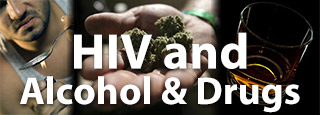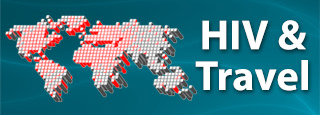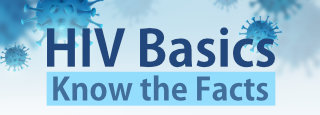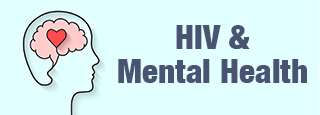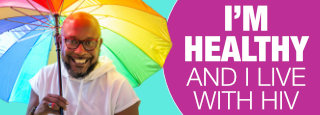I'm Healthy
Every human being has a fundamental right of the highest attainable standard of health. The right to health must be enjoyed without discrimination on the grounds of race, age, ethnicity or HIV status.
When living with HIV you can stay healthy and have a good quality of life by engaging with effective treatment. Medication continues to improve but at the moment there is no cure for HIV.
I'm Healthy
Every human being has a fundamental right of the highest attainable standard of health. The right to health must be enjoyed without discrimination on the grounds of race, age, ethnicity or HIV status. When living with HIV you can stay healthy and have a good quality of life by engaging with effective treatment. Medication continues to improve but at the moment there is no cure for HIV.
Quicklinks:

- Educate yourself and ask questions
- Get on treatment and take it as prescribed
- Have regular check-ups with your whole care team.
- Talk honestly with your health care providers (it's confidential and they can support you)
Starting Treatment
- Reduce the amount of HIV in your bodyYou will feel better and it will take longer for you to become sick. Treatment is now recommended for all people with HIV, irrespective of CD4 count, to reduce the risk of disease progression.
- Lowers the amount of HIV in your body, often to an undetectable levelThis means you will not pass HIV on to someone else.
- Show More
- May cause side-effectsThese are usually manageable and short term while your body gets used to the medication. Some people experience no side-effects at all. More serious or long-term side-effects are less common. If you notice any symptoms it is important to talk to your doctor as soon as possible. Many persistent side-effects can be reduced by medication. Do not stop treatment without talking to your doctor beforehand as doing so can have harmful consequences.
- Work well, but you need to take your treatment exactly as your doctor tells youThis is known as treatment adherence. Treatment adherence is vital or the drugs will become less effective, even if you start taking them regularly again. You will need to think how to store your drugs, how to fit them in around meals if required, and travelling.
- Are a lifelong commitmentOnce you start treatment, you should keep taking it. You should not stop because HIV can become ‘resistant’ to treatment – meaning the HIV treatments won’t work properly when you start taking them again. Stopping can cause significant deterioration in your health.
- Show More
How much does treatment cost?
All blood test and other medical services and prescriptions directly related to HIV care are provided free of charge through the Public Hospital System and the I.D. departments/Sexual Health Clinics.
Treatment Options
Not all HIV treatment regimens are available in NZ. A list of the medications available and their funding status can be found here.
Currently there is a limited number of single tablet regimens and no injectables available in NZ. If you are relocating from overseas you may find you need to change regimens, this will often be a matter of going from a single pill to a multi pill dose of the same medications. In some instances you may need to change to a new regimen.
Discussing which treatment you are currently taking and why with your HIV team will help them find the best medication for you available in NZ. Access to non-funded medication can sometimes be arranged so ask questions if your current treatment option isn’t available. Changing medication does not necessarily mean your health is at risk or that the available medication isn’t as effective. It may just be a matter of a similar drug from a different manufacturer.
Adherence
Using medication adherence strategies like pill boxes, blister packs or drug apps are ways to overcome any challenges you may have keeping up with your medicine and appointments. You can practice before you start with a candy to get you used to the routine. Perhaps link pills with a daily activity – like breakfast.
Keep spare doses available in case of emergencies. Including when travelling. If you find it difficult to take your medication on time speak with your health care team to see what can be done to make it easier.
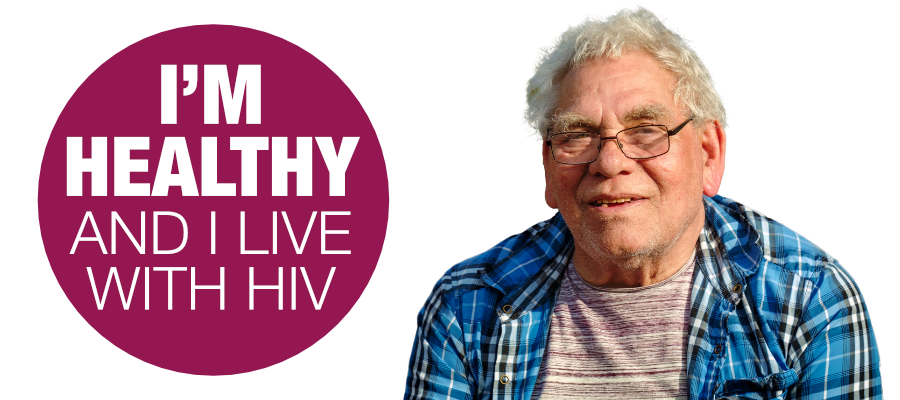
Working with your HIV Care Team
Stay healthy by understanding your HIV treatment plan; how many pills of each medicine you should take; when to take each medicine; how to take each medicine (with or without food); and how to store medicine (avoid high temperatures).
Stay in control by asking about possible side effects from your HIV medication and what you should do if you experience them.
Use your GP or other health services that can help you manage anything which may affect your overall health like mental health or addiction. Include things like housing, food assistance or any other resources you might need to maintain good overall health.
Anything you discuss with all members of your Healthcare Team, including your HIV status is completely confidential. Privacy restrictions are in place preventing unauthorised access to your health records. If you feel your privacy has been compromised there are processes available to investigate any concerns you may have.
POZQOL - The PozQoL Scale is a brief quality of life scale that helps service providers improve care quality and health outcomes for people with HIV. Taking part helps people with HIV shape the type and extent of care available to maintain the best possibly quality of life.
How do I access healthcare?
Healthcare for non-residents
Having a child
Mental Health
Smoking
One of the best things you can do for your health is to quit smoking. There are a number of programmes that are aimed at helping to quit smoking to improve your health.
Immunisations & Vaccines
For a full list of immunisations which are recommended for people living with HIV, along with their current funding/eligibility status in NZ, click here.
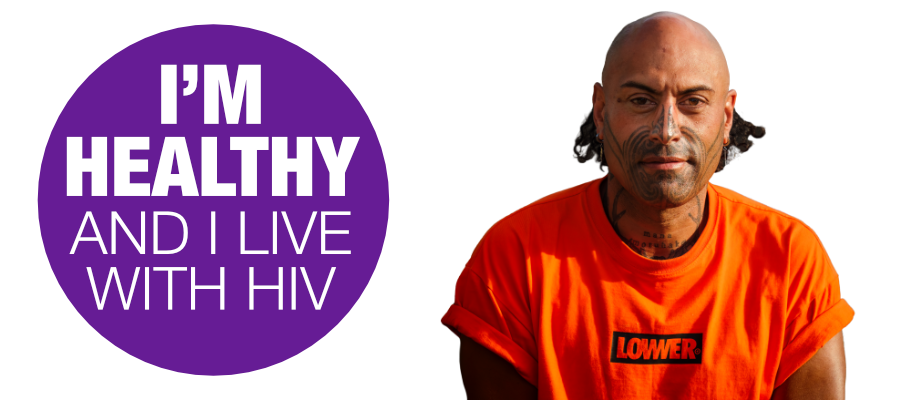
Staying Healthy
In general, the basics of a healthy diet are the same for everyone, including people with HIV.
- Eat a variety of foods from the five food groups: fruits, vegetables, grains, protein foods, and dairy.
- Eat the right amount of food to maintain a healthy weight.
- Choose foods low in saturated fat, sodium (salt), and added sugars.
To avoid nutrition-related problems, people with HIV must also pay attention to food safety. Food safety is about how to select, handle, prepare, and store food to prevent food-borne illnesses.
Because HIV damages the immune system, food-borne illnesses are likely to be more serious and last longer in people with HIV than in people with a healthy immune system. Following food safety guidelines reduces the risk of food-borne illnesses.
Do not eat or drink the following foods:
- Raw eggs or foods that contain raw eggs, for example, homemade cookie dough
- Raw or undercooked poultry, meat, and seafood
- Unpasteurised milk or dairy products and fruit juices
- Clean: Wash your hands, cooking utensils, and countertops often when preparing foods.
- Separate: Separate foods to prevent the spread of any germs from one food to another. For example, keep raw meat, poultry, seafood, and eggs separate from foods that are ready to eat, including fruits, vegetables, and breads.
- Cook: Use a food thermometer to make sure that foods are cooked to safe temperatures.
- Chill: Refrigerate or freeze meat, poultry, eggs, seafood, or other foods that are likely to spoil within 2 hours of cooking or purchasing.
Helpful links for Healthy Diets:
Eating Tips - A Nutrition Guide for People Living with HIV/AIDS
Nutrition and HIV/AIDS
Healthy eating for people living with HIV
- Maintains or builds muscle mass and decreases fat, helping to maintain a healthy body weight
- Reduces cholesterol and triglyceride levels (less risk of heart disease)
- Increases energy
- Regulates bowel function
- Strengthens bones (less risk of osteoporosis)
- Improves blood circulation
- Increases lung capacity
- Helps with sound, restful sleep
- Lowers stress and can improve depression
- Improves appetite
- Reduces the risk of high blood pressure, diabetes, and some kinds of cancer
Helpful links:
Physical Activity, Exercise, and HIV
'GRx' is a referral based health and wellbeing service for adults 18 years and over. It is best suited for adults who would like encouragement and motivation to become active and improve their lifestyle, help with a long term medical condition, or those who may be feeling stressed, depressed or anxious.
The service is delivered through face to face, phone or virtual consultations, group-based community nutrition and wellbeing programmes, online webinars, online live exercise sessions as well as pre and post-natal activity advice and guidance.
- 18 years and over
- Ready to make changes to lifestyle
- May have a medical condition as a result of a sedentary lifestyle
Helpful links:
Self Referral - Health & Wellbeing Programme
Health NZ - Green Prescriptions
A full range of campaign posters are freely available for download below. Alternatively if you would like us to send your business or organisation a stock of printed A3 posters along with other information leaflets and booklets, you can order them here.
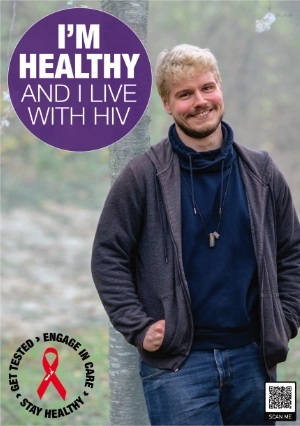
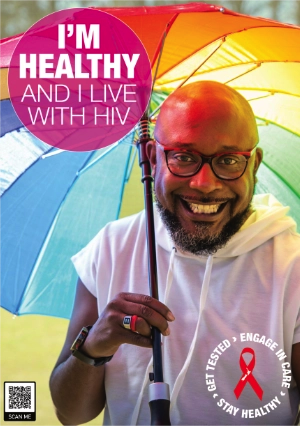
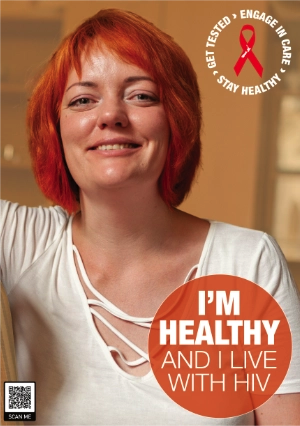
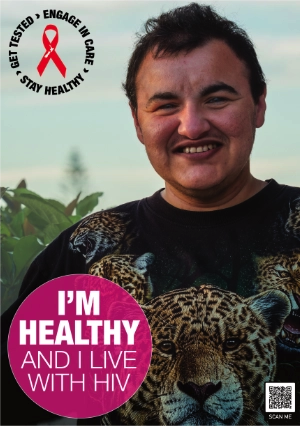
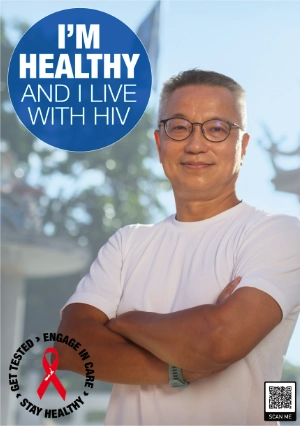
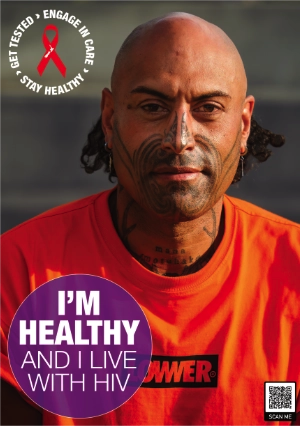
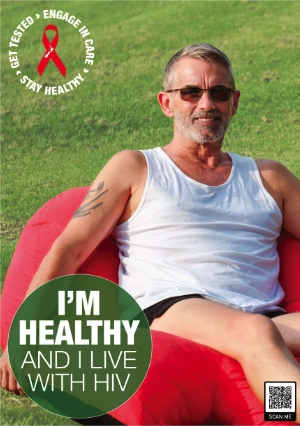
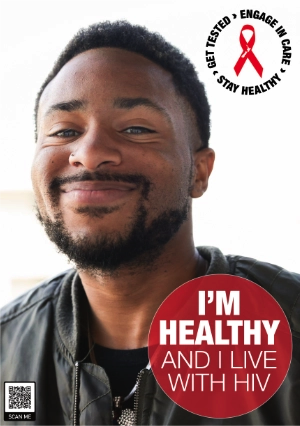
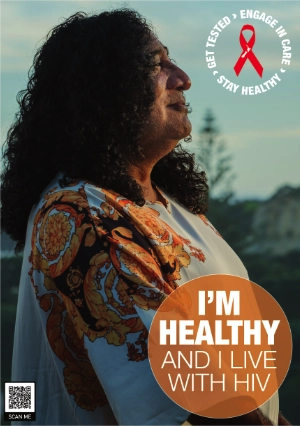
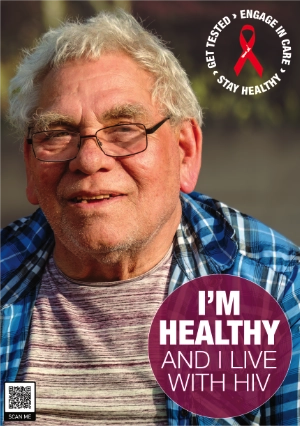
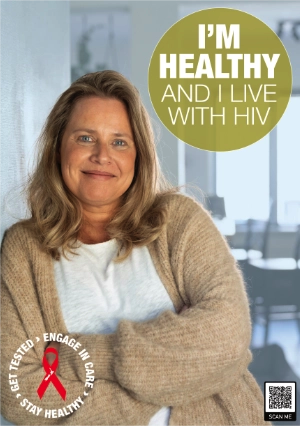
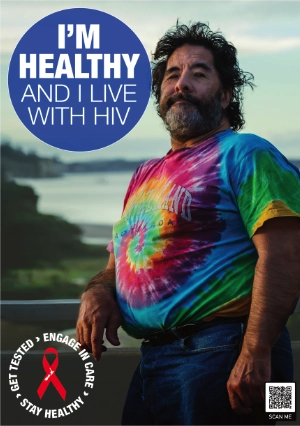
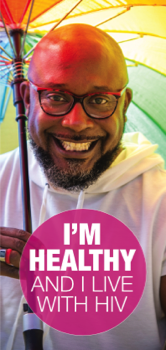
Join Body Positive
Membership is free and available to anyone living with HIV in New Zealand.
© 2026 Body Positive Inc.
Join Body Positive
Membership is free and available to anyone living with HIV in New Zealand.
© 2026 Body Positive Inc.

